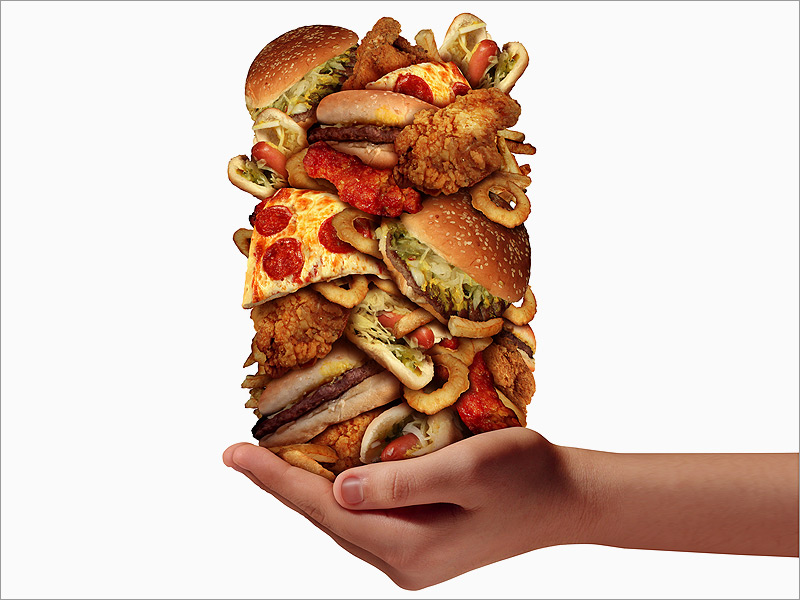Last night I ate over 1,000 calories more then what I was supposed to which has left me substantially heavier on the scales today… Oops.
But what I’m going to do today, will determine whether yesterday’s blowout will completely de-rail me and my progress.
So here it is, this is what I’m doing today to make up for it…
NOTHING!
Today’s calories will be exactly the same as they usually are (Example: If I usually eat 200g of protein, 300g of carbohydrates and 50g of fats, then today I’ll eat exactly that).
On Friday’s I train legs today, so this morning I trained legs and I won’t be doing any extra cardio as I don’t usually do it on Fridays.
Just to make sure you read that properly, there will be NO cardio today.
My water intake will increase slightly (as my average intake is usually 4L anyways) to help flush my system and get rid of any water my body is holding (due an increase in sodium and stored glycogen).
See after a day (even a week sometimes) of higher calories or a ‘cheat meal’, your body will be retaining a bit of extra water, which is due to the extra sodium and carb intake. This is what makes you look ‘fat’ or softer than usual. There’s no need whatsoever, to make any drastic changes, all this leads to is a reoccurring cycle of binge eating later on down the track.
Example: I blowout my calories today, tomorrow I reduce my food intake by half and do a tonne of cardio to make up for it which then leaves me exhausted and starving the following day… You can see how this cycle ends up repeating itself.
The Gold Fish Mentality

The best thing you can do after a day or even a meal of overeating is to get straight back to your usual routine, forget about it.
Your body doesn’t automatically turn these extra calories into body fat. You may actually find that in the following days your performance in the gym will improve due to the extra energy and stored glycogen. Although the scales may show you’re holding some extra weight, this will all even out within a few days of getting back to your normal routine.
The Exception…
There is an exception to this rule, and that’s for someone in a contest prep for a physique/bodybuilding show or someone who is taking their fat loss phase a little more seriously.
Let’s say you go over your calorie intake goal by 500 calories. You now have a couple of options.
Option 1: Reduce your calorie intake by 500 the following day. You could also reduce your intake by 250 over the span of two days and so on…
Option 2: Burn an extra 500 calories over the span of the next day or two through extra training, whether that be resistance training or cardio (preferably low/moderate intensity cardio as it’s a lot easier to track) .
SUMMARY
Although over-eating ISN’T the end of the world, it’s important that you learn from it and try not to let it happen too often.
This is where Flexible Dieting can be extremely beneficial. You can still eat the foods you enjoy, while fitting them within your calori requirements, meaning your fat loss or muscle building progress doesn’t have to suffer.
You can check out my fully comprehensive guide to Flexible Dieting or IIFYM by clicking here

